On Tuesday, the Committee Against Bird Slaughter (CABS) described Malta’s countryside as “one big bird trap”, a particularly fitting description considering many different bird species use Malta as a stop on migration routes across the Mediterranean.
CABS’ description of the Maltese countryside came just a few days after BirdLife Malta filed a judicial protest against the government for failing to consult the public on the repeal and re-institution of legislation that officially opened the trapping season under the guise of research.
The FKNK has now opened a counter judicial protest against BirdLife while trying to argue that BirdLife is explicitly attempting to tarnish the FKNK’s reputation for carrying out its own research.
On Friday, the EU Commission took Malta to the European Court of Justice (ECJ) for the second time in three years over the same trapping research derogation, arguing that the Maltese government’s response to the Commission’s reasoned opinions as well as its decision to re-authorise finch trapping in spite of the previous ECJ judgement was “unsatisfactory”.
The Shift takes a look at how the hunting and trapping lobby, largely represented by the Hunters, Trappers and Conservationists Federation (FKNK), uses its political influence to dictate its terms to friendly politicians keen on securing the votes of a lobby representing thousands of individuals.
Trappers’ Achilles heel: the Birds Directive
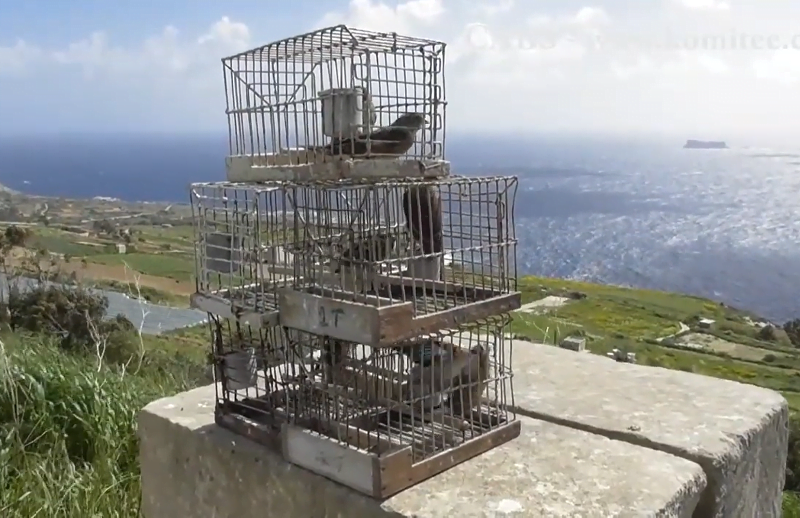
Seized Linnets in Dingli. Photo: CABS.
Malta’s accession to the EU was always going to be a problem for the lobby: while the Birds Directive clearly forbids the practice of trapping, the spring hunting season also directly clashes with the sustainability the directive seeks to protect.
The Directive was enacted with the intent of conserving bird populations and ensuring they are given enough time to repopulate. The Commission states that although trapping is not the most ‘significant’ threat to bird populations, it can have ‘a very negative impact’ on these populations, especially due to the fact that hundreds of birds end up caged and re-sold on black markets with high demand.
In 2004, when Malta was officially made a member state of the EU, the PN government at the time had secured a five-year deadline by which it would have to ban trapping in order to bring local legislation in line with EU laws, including the Birds Directive itself. By 2009, the practice of trapping was phased out and banned only to be reinstated by Joseph Muscat’s administration in 2014.
Since then, the Labour government has attempted to circumvent the EU Commission’s increasing pressure on Malta to ban the practice altogether, most recently through its derogation on trapping on the basis that it is being carried out for research purposes despite a European Court of Justice ruling from 2017 that clearly outlined the need for the practice to be banned.
A derogation is essentially a policy for legislation that an EU Member state wishes to implement in spite of any clashes it may have with any EU laws breached. The Member State seeking to enforce such a derogation has to convince the EU Commission that the deviation from EU law is justifiable.
The referendum
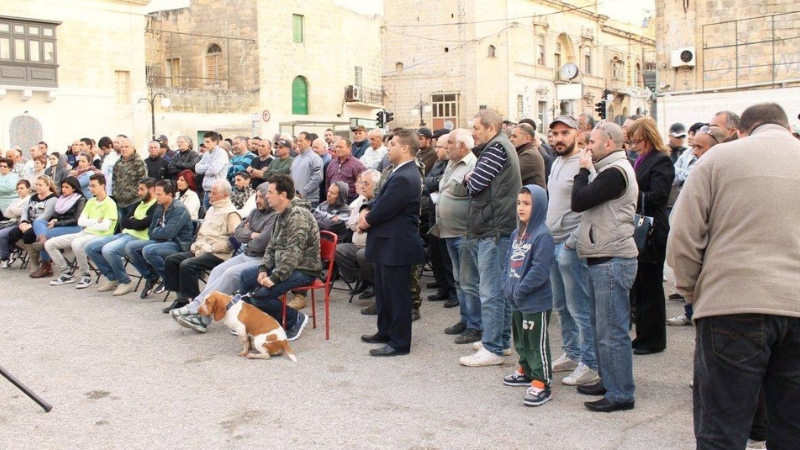
A photo from 2015 shows hunters gathered in a demonstration on behalf of the ‘Yes’ campaign in favour of spring hunting. Photo: IVA, bħala Maltin u Ewropej Facebook page
Since the 2015 spring hunting referendum, hunters have become particularly emboldened in their breaches of the law. Year after year, both BirdLife Malta and CABS flag ‘record numbers’ in terms of the amounts of birds that were illegally shot or trapped in Malta.
While disgraced former prime minister Joseph Muscat had cut hunting seasons short twice – in 2014 and 2015 – after numerous reports detailing the killing of protected species, in reality the number of protected birds killed has steadily increased through 2016 and 2017.
Despite mounting pressure, a temporary moratorium on spring hunting was lifted yet again in 2019, a failure to take into account several reports of illegally shot birds days before the season even began.
Band-aids for bullet wounds
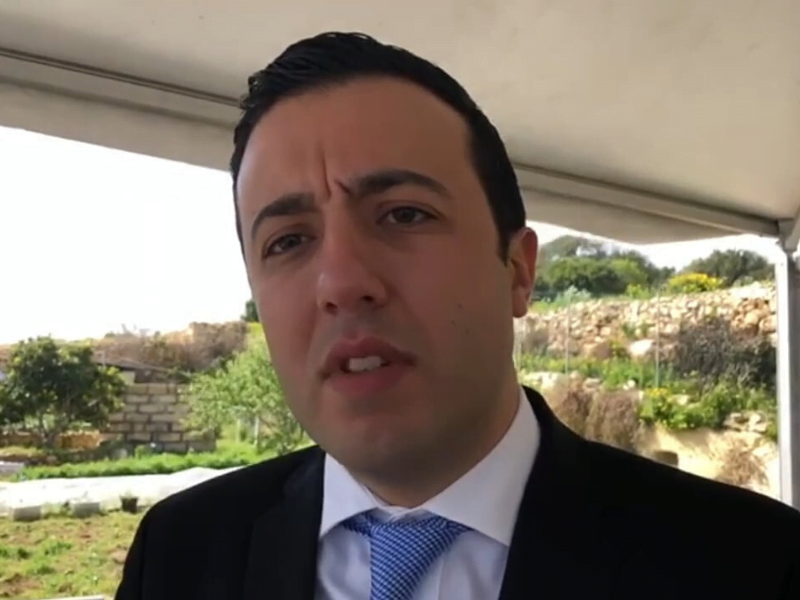
Gozo Minister Clint Camilleri. Photo: DOI / Pierre Sammut
Amid all the public outrage about hunters’ law-breaking antics, the government has, since the last election, repeatedly attempted to convince the public that it has done enough to curtail abusive practices.
The government had set up the Ornis Committee as part of the regulations enshrined by the Birds Directive. While the Ornis Committee is supposed to take all hunting-related decisions, the local version of this committee is stuffed with government representatives which allow the minister responsible for the hunting and trapping portfolio to distance himself from decisions.
However, besides enforcement being ill-equipped to deal with over 12,000 licensed hunters across all of Malta’s countryside, the Ornis Committee regularly fails to take decisions that negatively affect the FKNK’s agenda, including passing the buck to Gozo Minister Clint Camilleri on the decision to reopen the ongoing trapping season.
Camilleri, in particular, has served as a boon to the hunting and trapping lobbies. The assignment of this portfolio to Camilleri was a move that had been described as ‘diabolical’ by BirdLife and had even led to the organisation deciding to boycott any meetings with Camilleri on the premise that such a portfolio should fall under the remit of the environment minister, not the minister for Gozo. Camilleri has amply documented links with the hunting lobby, being a hunter himself.
The government’s representatives on the Ornis Committee all voted in favour of opening spring hunting last year, despite the fact that virtually nobody was allowed to go out unless on a necessary errand as Malta grappled with its first bouts of COVID.
The government also carries on Muscat’s tactic of dealing with situations on an ad-hoc basis. One recent example was Environment Minister Aaron Farrugia’s decision to close off Qawra Point after a hunter shot down protected flamingos in the area.
Former Ornis Committee Chair Mark Anthony Falzon had described the decision as ‘legislation by spectacle‘ arguing that the decision was more about scoring political points rather than actual conservation.

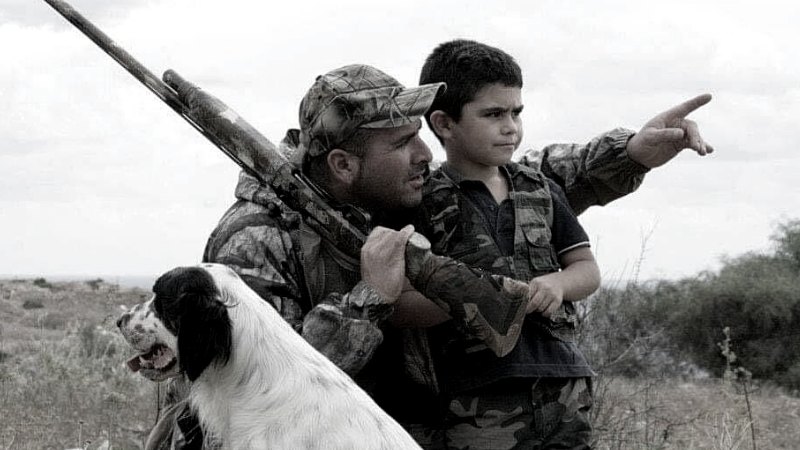


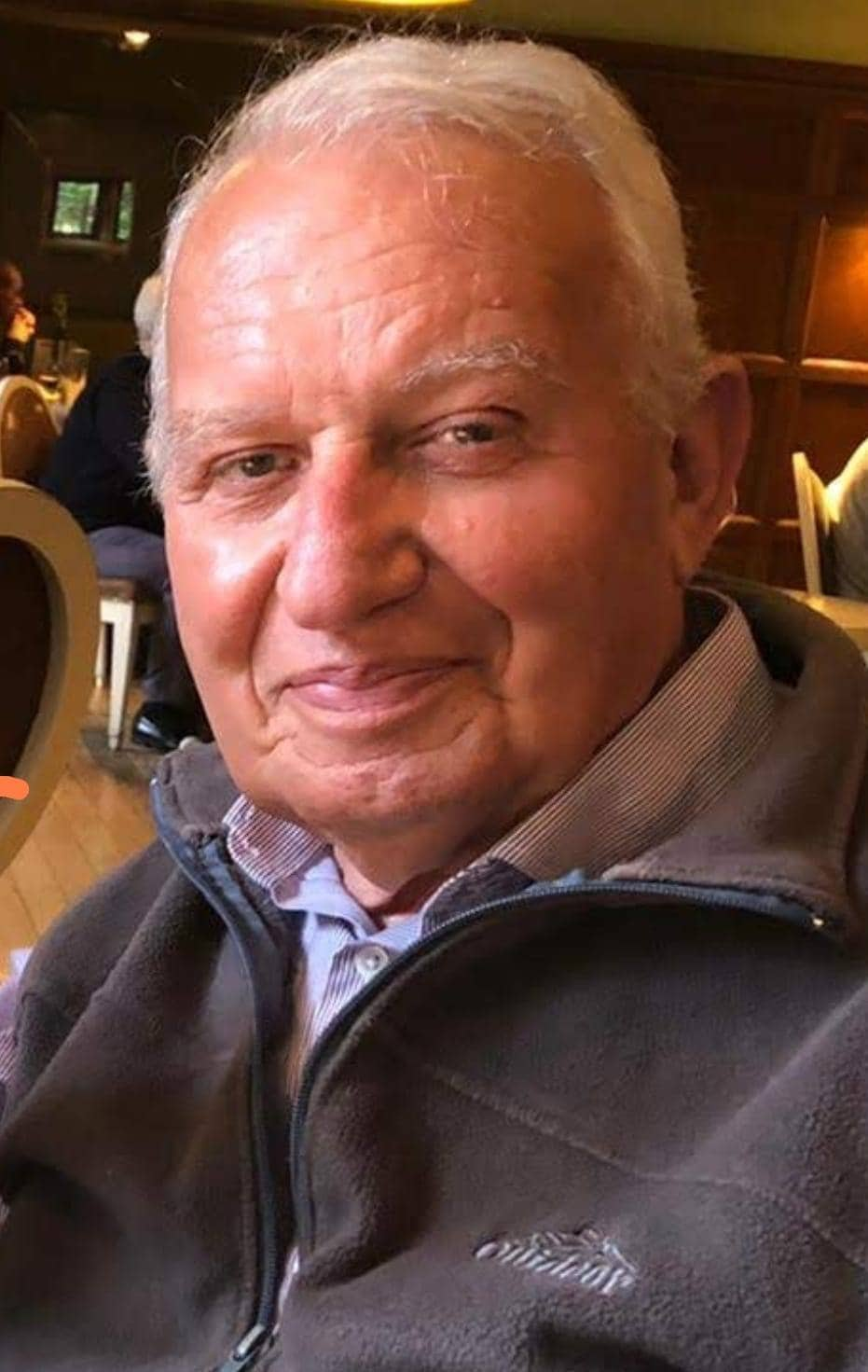











Attention EU our Maltese Government because of votes is taking you for a ride. He is scared of the hunters & trappers. Next year is election year.Gozo minister CLINT CAMILLERI is a hunter himself. He is responsable for these disgraceful things that are happening in Malta. TAKE ACTION NOW